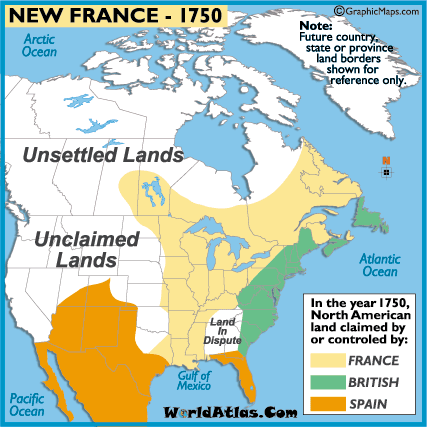London told the Americans not to expand into the Natives' territories, which to them, downplayed all of their sacrifices in the Seven Years' War; and is also a primary reason why Quebec joined the colonists.
huh - Quebec joined which colonists ?
The second is on critical errors made by army commanders, and battles where they were committed. I'm tossing around seven: predictability (Kursk), timidry (Chancellorsville), immobility (Cannae), uncoordination (Tannenberg), underestimation or overconfidence (Carillon), cowardice (Gaugemela), and conservatism in tactics (Leuctra, or perhaps some battle against Sweden in the Thirty Years' War).
I think Carrhae 53 BC and Tiberias 1187 could be considered the wrong choice of battlefield, foot soldiers in the open desert or plains without water, against horse and missile troops.
What is Carillon ? I think Hastings is a good example of lack of discipline, breaking ranks to pursue the enemy too far. I'm not sure Singapore qualifies as such, Malaya was more of a debacle due to underconfidence and poor leadership.



